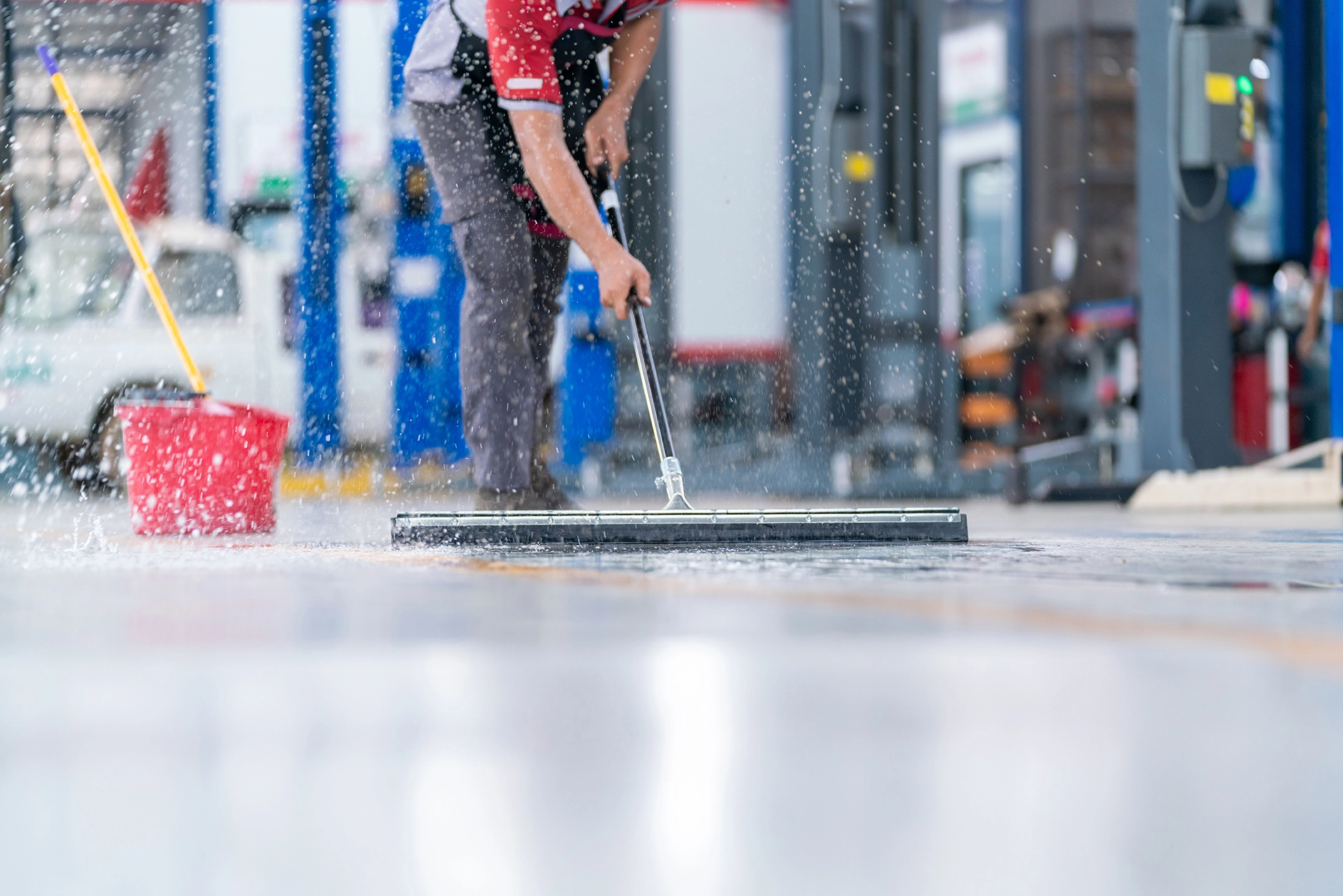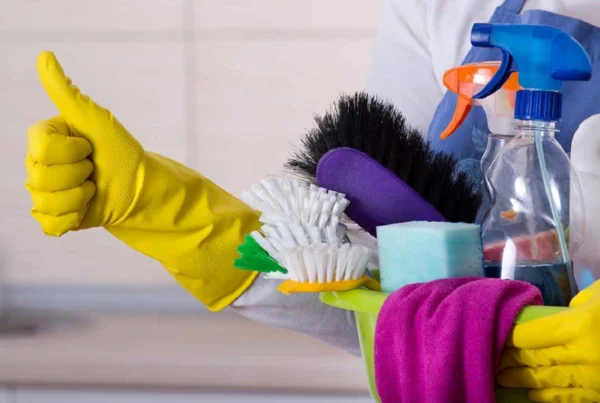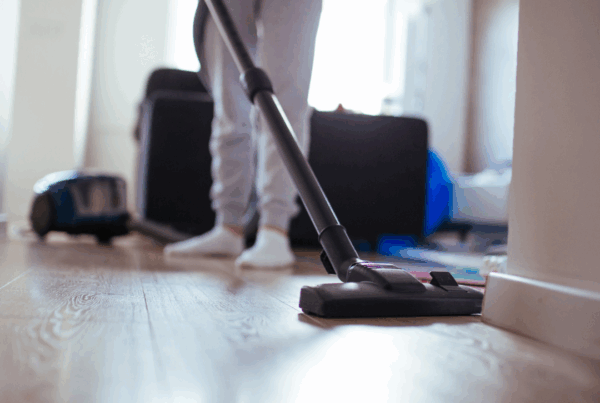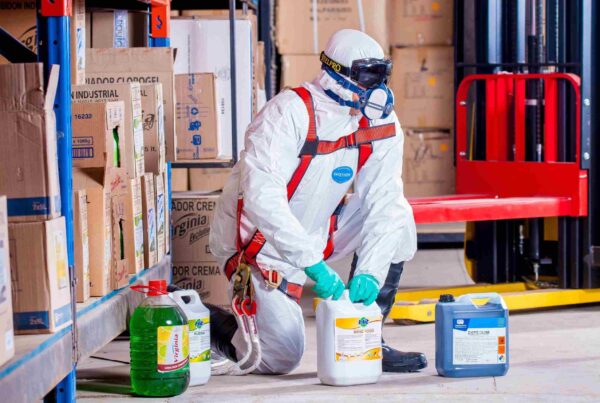A clean and well-maintained garage floor enhances your home’s aesthetics and contributes to a safer and healthier environment. However, the absence of a pressure washer can make this task seem daunting. This comprehensive guide will walk you through alternative methods on how to clean your garage floor without pressure washer effectively. We’ll discuss the necessary tools, preparation steps, various cleaning techniques, stain removal tips, preventive measures, and safety considerations. By the end of this article, you’ll have all the knowledge you need to restore the shine to your concrete garage floor without a pressure washer.
Gathering Your Cleaning Supplies
Before you begin cleaning, gathering the necessary supplies and equipment is essential. Here’s what you’ll need:
- Broom and dustpan: For basic sweeping and dust removal.
- Stiff-bristle brush: To scrub away dirt and stains.
- Bucket: For mixing cleaning solutions.
- Mild detergent: A gentle cleaning agent to break down grime.
- Vinegar or baking soda: Natural alternatives to commercial cleaning products.
- Protective gear: Gloves and safety glasses to safeguard yourself during cleaning.
Choosing the right cleaning products is crucial. We’ll also discuss eco-friendly options to minimize environmental impact.
Preparing Your Garage
Before diving into cleaning, it’s essential to prepare your garage:
- Clear the area: Remove your vehicle and other large items to create more space for the entire floor.
- Remove obstacles and clutter: Clear away boxes, tools, and other items that may hinder your cleaning efforts.
- Protect sensitive items: If you have electronics or sensitive equipment in your garage, consider covering or relocating them temporarily.
Cleaning Without Pressure Washer
Sweep the Entire Floor with a Stiff-Bristled Brush
To begin the process of garage floor cleaning, it’s crucial to sweep the entire concrete floor with a stiff-bristled brush. This initial step effectively removes loose debris, dirt, and surface dust, preparing the area for a deeper cleaning. Whether you’re dealing with stubborn rust stains or just general grime, this simple but necessary action lays the foundation for a cleaner surface. While this method is effective for routine maintenance, for more extensive or challenging cleaning tasks, such as deeply embedded rust stains, a professional cleaner with specialized equipment may be needed to ensure the concrete floor is thoroughly and expertly restored, sometimes necessitating the use of a pressure washer to achieve the best results.
Scrub Tough Stains with Dish Soap and Hot Water
When confronted with persistent stains on a concrete garage floor, scrubbing with a mixture of dish soap and warm water can be an effective solution. This method provides a gentle yet efficient approach to tackling tough stains without causing damage to the surface. By combining the cleaning power of dish soap with the heat of warm water, you can break down and lift away grime and stubborn spots. While this technique is suitable for common stains, like oil or grease, for more deeply embedded or extensive cleaning needs, it’s advisable to consult a professional cleaner, especially when dealing with larger or persistent blemishes. In some cases, pressure washing services may also be recommended for the most thorough and efficient restoration of the concrete garage floor.
Use Rust Removers to Eliminate Rust Stains
When confronted with stubborn rust stains on a garage floor, it’s crucial to employ rust removers to effectively eliminate the unsightly blemishes. Rust removers are specially formulated to break down and dissolve rust, restoring the concrete surface’s cleanliness and appearance. They work by using chemical reactions to neutralize and lift the rust from the concrete. To use rust removers, one should typically apply the solution to the affected areas and allow it to dwell for a specified time before scrubbing or rinsing with hot, clean water. While they excel at tackling rust stains, it’s important to keep in mind that different types of stains, such as grease stains, may require alternative treatments, so a comprehensive approach to garage floor cleaning ensures all stubborn stains are properly addressed, and the concrete floor is restored to its pristine condition.
Apply Grease Remover to Get Rid of Oil Stains
When grappling with stubborn grease stains or oil spills on your floor, applying a grease remover is the key to effectively getting rid of these unsightly blemishes. Grease removers are specially formulated to break down and dissolve greasy substances, making them highly efficient at restoring the cleanliness of the affected area. To use a grease remover, you typically apply it directly to the stain, allowing it to penetrate and loosen the grease. Following this, a thorough scrub with hot water and an appropriate floor cleaner can help lift away the remaining residue. While grease removers excel at dealing with oil-based stains, it’s crucial to remember that each type of stubborn stain may require a tailored approach, ensuring that the floor remains free from any lingering imperfections and regains its pristine appearance.
Tips for Effective Cleaning Without Pressure Washer
Effective cleaning without a pressure washer involves a systematic cleaning process, and there are several tips to ensure success. Regular cleaning is paramount in maintaining the cleanliness of various surfaces. Utilizing a vacuum cleaner with suitable attachments is an excellent method for removing loose dirt and debris, as it minimizes the amount of material to be dealt with during the subsequent cleaning steps. This preliminary step sets the stage for a more efficient and thorough cleaning process. Whether it’s cleaning a driveway or a deck, implementing these tips can lead to a more effective and hassle-free cleaning routine without the need for a pressure washer, preserving the appearance and integrity of the surfaces in question. For more tips on “How to Clean Garage Floor?“, check our page now!
Conclusion
Maintaining a clean garage floor is a crucial part of home care. It enhances safety, aesthetics, and the overall quality of your living space. With the methods outlined in this guide, you can achieve a sparkling garage floor without a pressure washer. Additionally, we encourage you to choose eco-friendly cleaning options to minimize your environmental impact. By taking action and following these tips, you’ll have a clean and inviting garage that you can be proud of.
Discover the Pro Clean difference when it comes to garage floor cleaning. Our experienced professionals are well-versed in cleaning techniques that don’t require a pressure washer. We’re committed to delivering results that exceed your expectations. Please don’t wait any longer; book our services and experience the satisfaction of a sparkling clean garage floor. Join our satisfied customers and take advantage of our expertise today! Contact us now!
FAQs: How to Clean Garage Floor Without Pressure Washer?
What’s the best way to clean a garage floor without a pressure washer?
One effective method is using a solid degreaser or concrete cleaner, a stiff-bristle brush or broom, and a regular garden hose.
Can I use household items for cleaning my garage floor without a pressure washer?
You can create a DIY cleaning solution by mixing warm water with dish soap, baking soda, or white vinegar. These can be effective in breaking down stains and grime.
How do I remove oil stains from my garage floor without a pressure washer?
To tackle oil stains, apply an absorbent material like cat litter, let it sit to absorb the oil, then sweep it up. Follow with a cleaning solution and scrubbing for residual stains.
What’s the recommended technique for cleaning a garage floor without a pressure washer?
Start by removing debris with a broom, apply the cleaning solution, let it sit for a few minutes, then scrub the floor with a stiff brush. Rinse with a hose and ensure proper ventilation.
Are there any safety precautions I should take when cleaning the garage floor without a pressure washer?
Wear appropriate safety gear like gloves and eye protection when using chemical cleaners. Dispose of cleaning waste according to local regulations, and ensure the area is well-ventilated to prevent inhaling fumes.
[/fsn_text][/fsn_column][/fsn_row]




